(The following was a Letter to the Editor submitted to The New Yorker Magazine based on its article How a Young Activist is Helping Pope Francis Battle Climate Change, February 8, 2021)
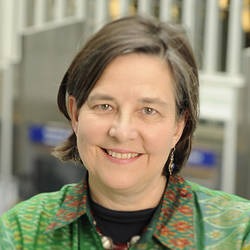
The profile of Molly Burhans and her quest to get the Church to understand the role of big data, solid information and, more important, analysis in combating climate change, poverty and the like raises the crucial question of how Catholics can meet the challenges of our time. But it misses the mark when it suggests that the Church’s labor force of priests and women religious is lacking in “experience and advanced degrees” and “cheap and plentiful.”
For instance, Kenyan Sister Lucy Wanza, who has a Ph.D. in Strategic Management, is one of 75,000 Catholic religious nuns across Africa working to apply the kind of land management your article calls for. Together with the 55,000 priests and brothers and 80,000 seminaries in Africa alone, they are among the continent’s largest landowners.
Since 2013, the Catholic Church has developed an entrepreneurship model of development backed by a group of social impact investors that includes the Jesuits, the Vatican and the US Government. With $5 million already invested in small and medium-sized agro-enterprises across 9 African countries (and enough capital to expand to Asia and Latin America), Missio Invest is part of the answer to Molly Burhans’ prayers.
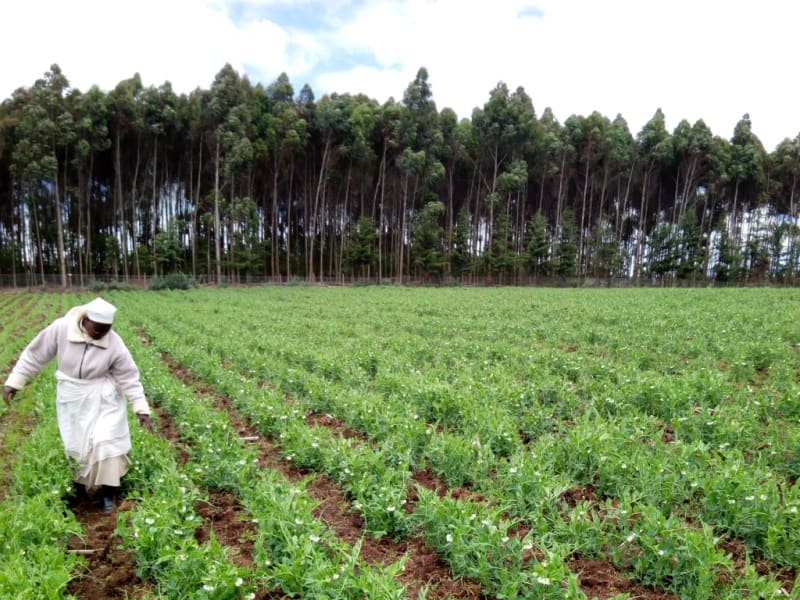
Sister Lucy now manages the Divine Mercy Green Farm East of the Rift Valley and services a $100,000 social impact loan aimed at farm expansion. The farm’s profits support schools and elder care facilities run by her fellow sisters. Sister Lucy is part of a tradition of religious women or “nuntrepreneurs” whose contributions are often overlooked or under-valued. When Sister Alfred Moes opened an emergency clinic to care for those hit by the 1883 Rochester tornado and cajoled local doctor William Mayo to join her efforts, the result was the renowned Mayo Clinic we know today.
Reverend Andrew Small OMI
President and CEO, Missio Invest
Katherine Marshall
Senior Fellow, Berkley Center for Religion, Peace and World Affairs, Georgetown University

Quick video overview of Missio Invest’s current investments, and their measurable impact in community and environmental well-being.
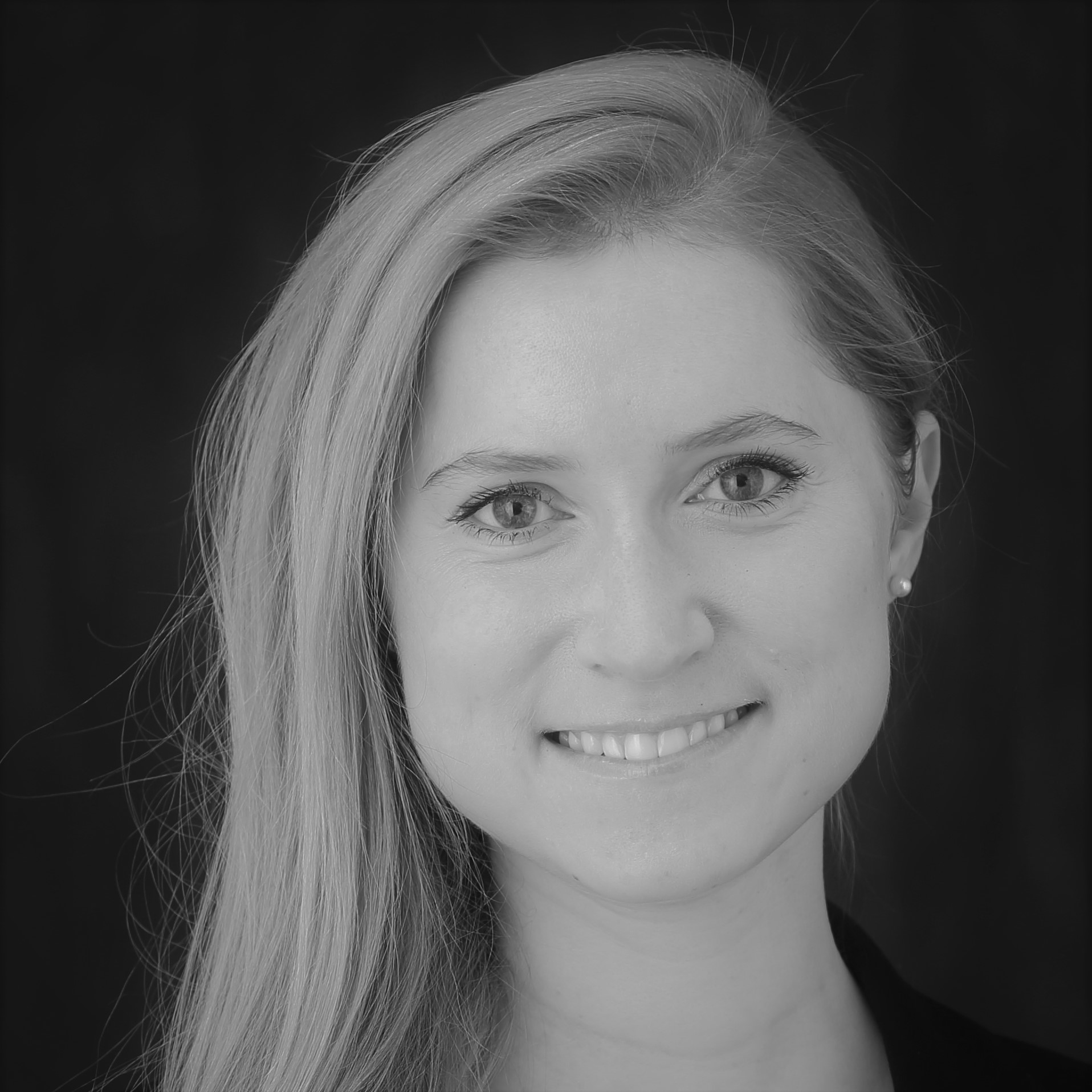
In conversation with the Institute for Pastoral Studies at Loyola University, Chicago, Joelle Birge talks about the work of Missio Invest and what inspires her every day to bring about the vision of the Church’s first social impact fund.

While the COVID crisis has affected all businesses, the high impact “nuntrepreneurs” in Missio Invest’s portfolio seem to have found a window of hope. The Missio Invest Social Impact Fund (MISIF) currently has 36 agribusinesses in the portfolio, 13 of which are owned by Sisters, and none of these small enterprises have considered shuttering operations. For many, in fact, business is booming. Half of all current borrowers have experienced minimal disruption and elected to maintain their original loan repayment schedules. Among the nuntrepreneurs, less than a third have taken Missio Invest’s offer for a COVID-19 payment moratorium, and a quarter have even made pre-payments on their loans.
Missio Invest has found that this long-term give-and-take with community stakeholders is essential to the resilience of Church-run businesses. Investees operate various social programs in their locality — healthcare, education, women’s counseling, and youth development, for example — and as such are an integral part of the communities they serve. Although each case is unique, five particular characteristics help insulate investees from unanticipated adverse events:
Across the globe, COVID-19 has wreaked havoc on global supply chains, disrupted access to markets, and severely threatened–or shuttered–many small businesses. The effects have been particularly devastating in emerging markets, where government assistance is less readily available and nationwide lockdowns are more restrictive due fragile health systems. In May, in a survey of small and growing businesses in emerging markets, the Aspen Network of Development Entrepreneurs (ANDE) found that 47% of businesses surveyed had already temporarily shut down operations and another 25% anticipated doing so. Women-owned businesses were among the hardest hit.
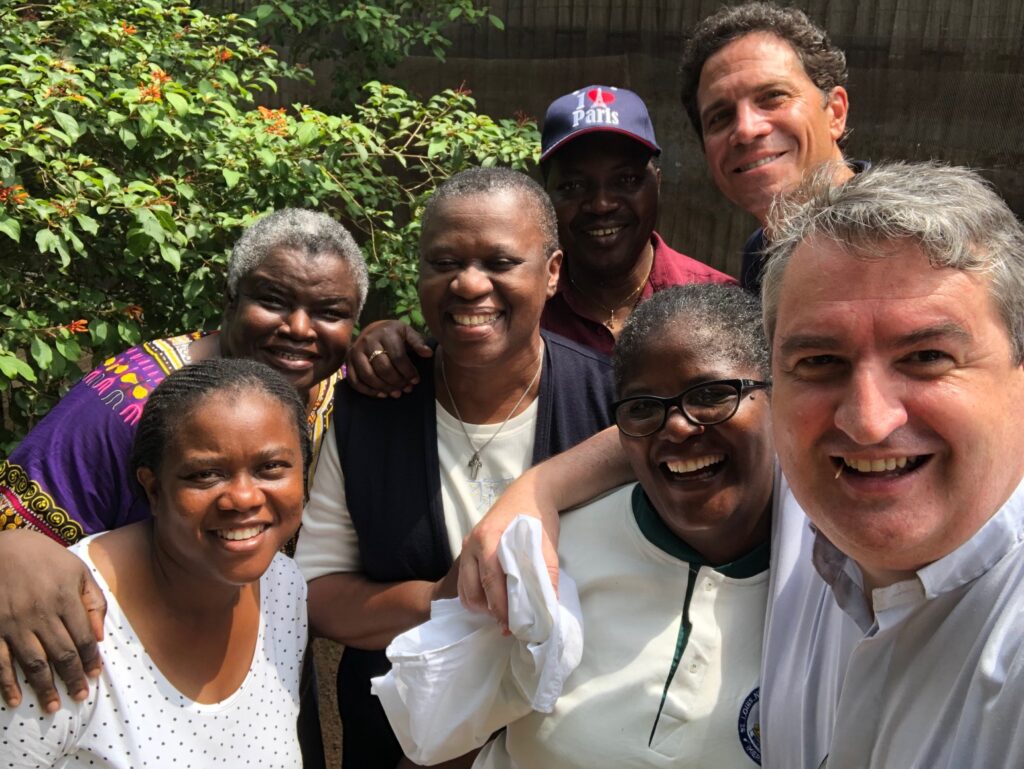
Copyright, Missio Invest
One such women-owned success story is the Sisters of Saint Louis Bautain Farm (SSLBF) in Ewulu, Delta State, Nigeria. Missio Invest issued the Sisters of St. Louis a $70,000 loan in December 2019 to fund expansion of their existing poultry, pork and cassava processing enterprises. In the ensuing months, the Sisters have proven their ability to weather a global crisis.
In late March 2020, the Nigerian government imposed COVID-19 lockdown measures restricting interstate movement of goods and limiting food importation. These regulations disrupted supply chains for foods such as fish, which could no longer be transported from seaports to inland states. To make the situation worse, Delta State was one of a number of state governments that imposed restrictions on local fishing activities and reduced hours for local markets. The result was a drop in supply so that fish, a staple food for many Nigerians, became prohibitively expensive for the large low-income population.
Sister Catherine Adelegan, director of Louis Bautain Farm, had an idea for a solution. Louis-Bautain Farm is a multi-enterprise agribusiness, operating a poultry unit with over 1,000 chickens, a five-acre cassava plantation and processing unit, and a piggery with over 500 pigs. Having sourced a sufficient supply of pig and chicken meal locally before the pandemic, Sister Catherine slaughtered and sold her pigs ahead of schedule, saving the most vulnerable members of her community from hunger. The result was a win-win-win: community members had access to affordable protein, Louis Bautain Farm had income to support the congregation’s five health facilities, and Sister Catherine had enough surplus income to pay interest on her Missio Invest loan ahead of schedule. Wisely anticipating the potential for future currency fluctuations, she even chose to pay more than the amount due, resulting in a pre-payment of principal.
The Sisters have developed close ties with the surrounding community. Recently, when they visited the local Obi (ruler) of Ewulu Land and his Council to tell them they had food staples to distribute to the neediest, the Obi expressed his gratitude for the Sisters’ long history of assisting his people and vowed that he would continue to support them and to ensure their safety.
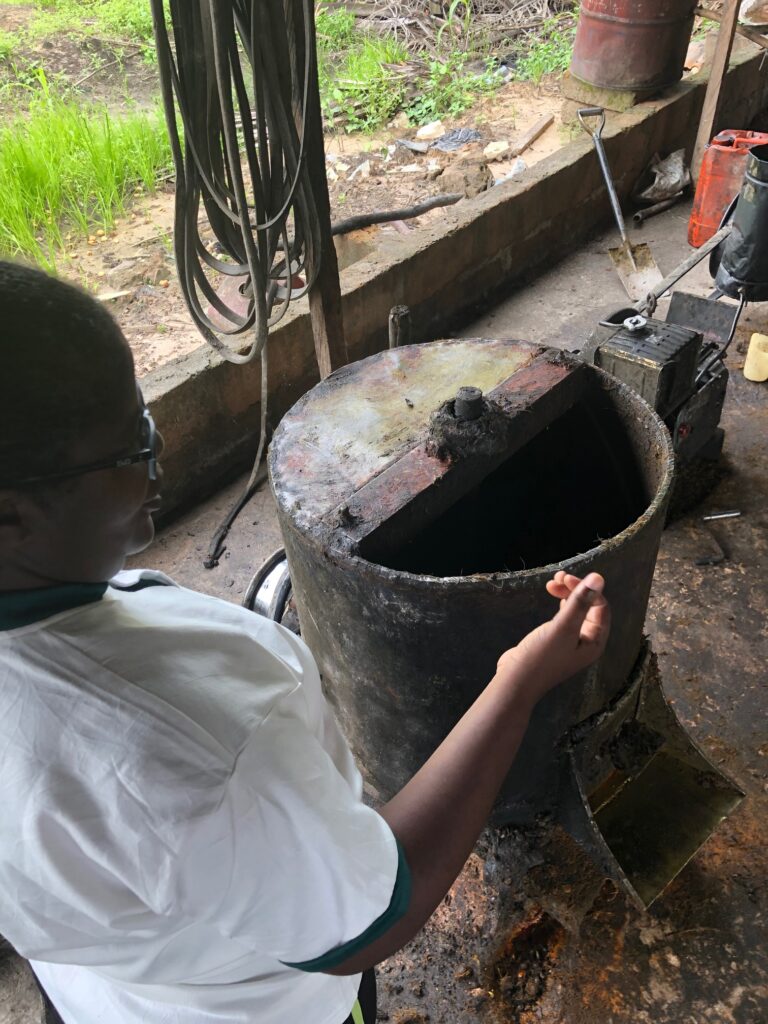
Copyright, Missio Invest
- Integration with local communities, which serve as customer bases and sources of labor in any economic cycle.
- Presence of resilient markets for produce through the global network of Church-operated schools, health facilities, and other social institutions.
- Diversification across several revenue-generating enterprises, which creates a cushion in the event of market disruptions to any one sector.
- Hyper-local solutions, which ensure that Missio Invest’s borrowers are not dependent on export markets and supply chains.
- Experience in managing business operations with limited resources during times of crisis. Many congregations were formed in poverty-stricken rural areas with the explicit purpose of finding ways to provide healthcare and education services where none existed, and they have retained their expertise in operating through difficult circumstances.
These factors have enabled many of Missio Invest’s portfolio agribusinesses to weather the COVID-1 9 storm. Investees like Sister Catherine and her farm in Nigeria provide living proof that, even in times of crisis, it is possible to do a lot of good with very little.
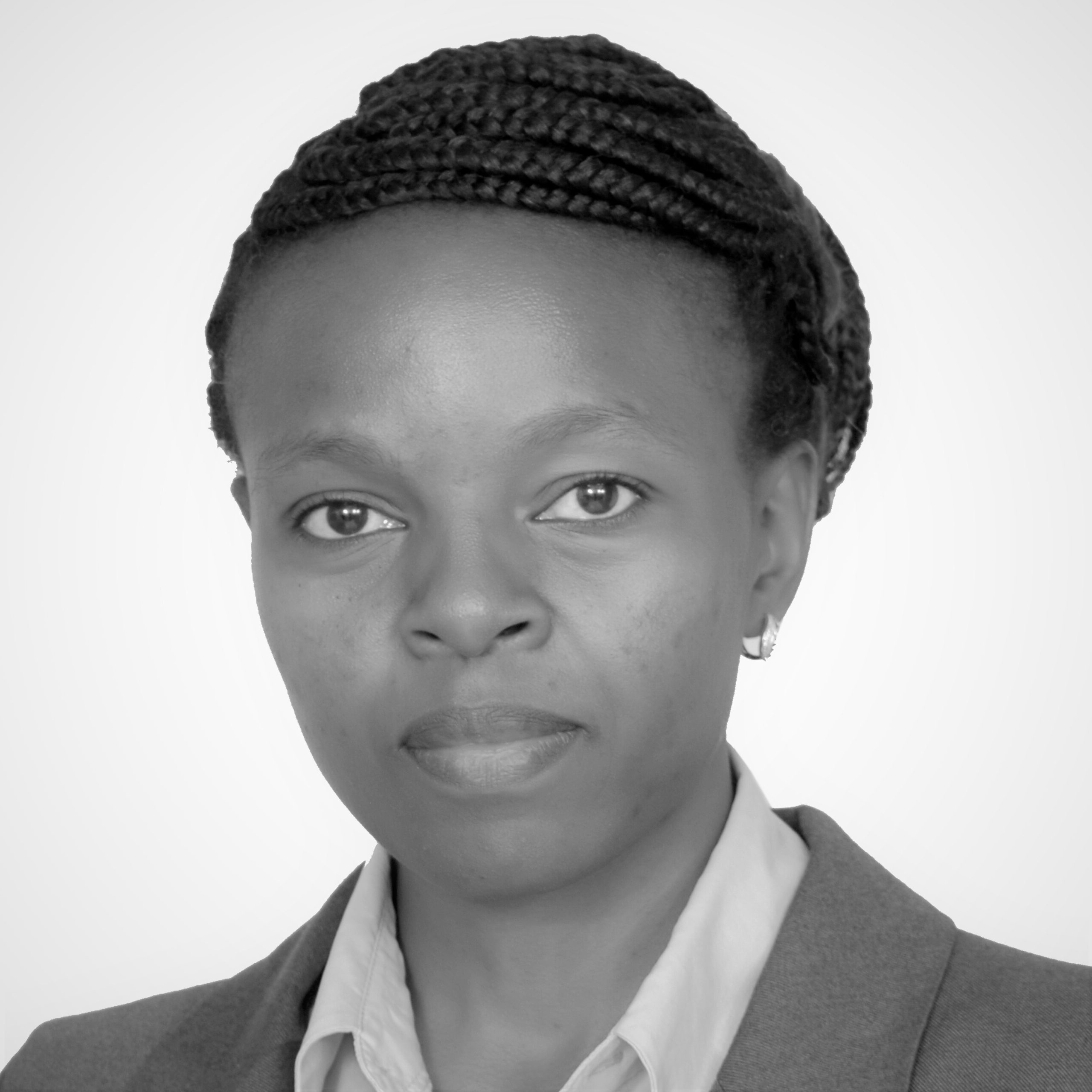
In September 2004, five Catholic Sisters gathered in St. Louis, MO with a mission to create an exhibition demonstrating how nuns had helped shape the history and culture of the United States. The show that resulted, “Women and Spirit: Catholic Sisters in America,” toured the U.S. between 2009 and 2012, with stops that included the Smithsonian, Notre Dame and Saint Mary’s College, and the Ellis Island Immigration Museum. It bore witness not just to the many acts of heroism carried out by Sisters over a nearly 300-year time-span, but also to the common Spirit that drove these women to live remarkable lives, often by creating oases of service to meet a pressing need at a given time in the nation’s history.
The exhibition was a tribute to pioneering women who helped build America’s health care, education and social services at a time when women didn’t have the right to vote. They raised funds to build schools, hospitals, orphanages and colleges before most women in the U.S. could legally own property, negotiate contracts, or acquire loans. They entered the workforce decades earlier than most women — during the Civil War, for example, when more than 600 Sisters served as nurses. During the Civil Rights Movement of the 1960s, nuns joined Martin Luther King in the voting rights marches in Selma, AL.
Standouts included Mother Alfred Moses, who helped develop the Mayo Clinic in response to a horrific tornado in Rochester, MN in 1883; Katherine Drexel, who founded Xavier University in 1915, then the only Catholic school for African Americans; and Carolyn Farrell, a Sister who in 1980 became the mayor of Dubuque, IA. However, such pioneers are not only to be found in history books and exhibitions. The same Spirit that inspired Mother Alfred and Katherine Drexel is alive and well among many religious Sisters in Africa today. Over the years, they too have raised funds to build hospitals, health clinics, schools, and children’s homes.
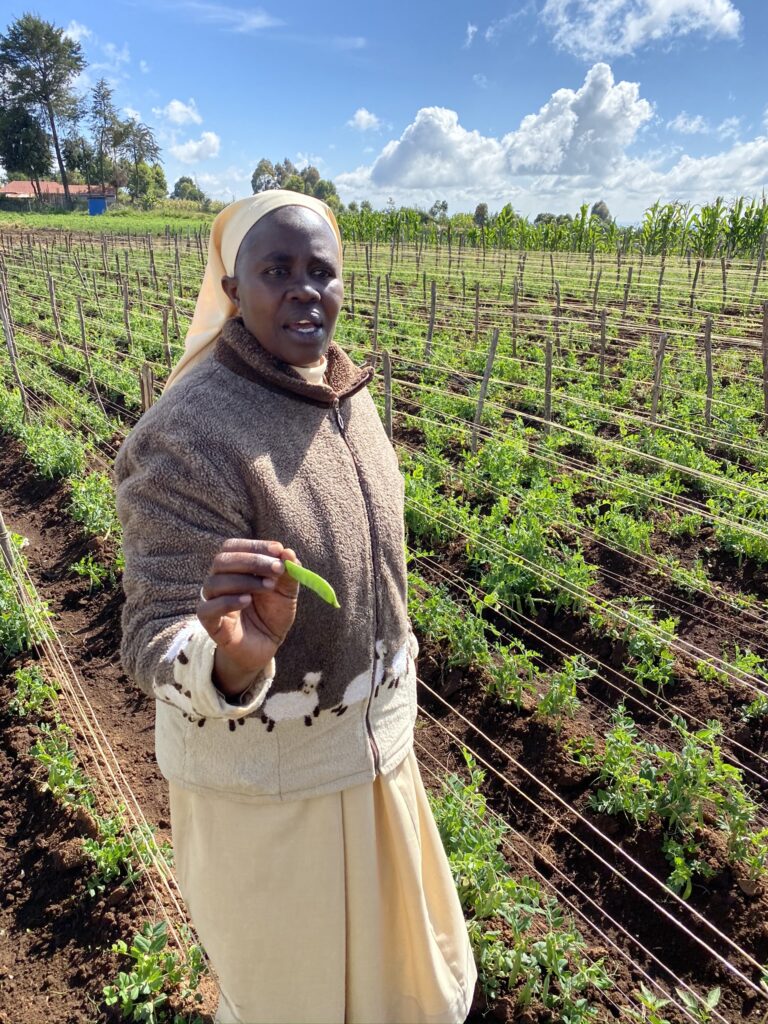
January, 2020
Take, for example, Sister Veronica Kiarie, a Little Sister of St Francis of Assisi known by her fellow Sisters as “Green Thumb.” She runs a medium-sized farm in the town of Molo, in Kenya, a venture that sprang from her passion to support the congregation’s social ministries, as well as to provide employment and drinking water to the neighboring community.
Sister Veronica’s congregation is an indigenous institute of Diocesan right. It was founded in May 1923 in Uganda by the late Mother Mary Kevin Kearney, a Franciscan Missionary for Africa, based on the charism of St. Francis: “To bring newness and fullness of Christ’s life in the world today by reaching out with compassion to the marginalized.” With more than 775 professed members, the Sisters operate hospitals, schools, health facilities, orphanages and homes for the elderly. Their missionary work is growing within the three East African countries of Kenya, Uganda, and Tanzania as well as in the United States.
Sister Veronica developed a business plan for her pea farm after attending a six-month agribusiness training program, and took out a $100,000 loan from Missio Invest in 2019. The farm grows garden peas for export, and rotates potato and cabbage crops for local consumption. Some of the farm produce is used to supplement the diets of the residents of the congregation’s home for the elderly, while the profits of the farm are used to support the running of the congregation’s social ministries. The farm directly supports a school with 946 students, a health facility serving nearly 12,000 patients a year, and a home for the elderly. Sister Veronica has a goal of generating more revenue from her farm to sustain and grow the congregation’s social work.
Like Mother Alfred before her, Sister Veronica provides innovative solutions to problems facing the community she was called to serve. She installed a solar-powered borehole on her farm after observing how the villagers were struggling to access clean drinking water. She also installed a five-acre drip irrigation system for year-round farm production and water conservation. She uses her teaching skills to train local smallholder farmers in sustainable agricultural practices. To boost the soil fertility, she tests her soil to ascertain the mineral deficiencies, uses organic manure, and has planted 2,700 trees for conservation. The farm supports 50 workers.
Sister Veronica creates time to mentor women on how to handle social economic challenges, and men on how to overcome alcohol addiction which is common in the locality. She also teaches Catechism in a nearby Parish.
Over the last 50 years, the number of Sisters in congregations in the United States has clearly dwindled. But in each case, such reduction has little to do with the entrepreneurial vigor of the Sisters or their communities. The African Church entities we work with are on a similar growth trajectory to the one that inspired German immigrant Sisters in Rochester MN to convince Dr. William Mayo and his sons to start a hospital for the local community in 1889. The spirit of those religious women is alive and well in Africa.